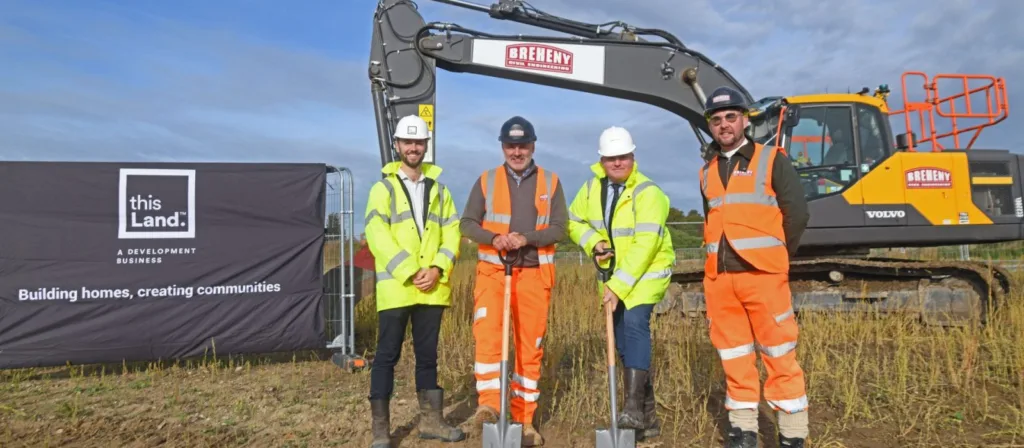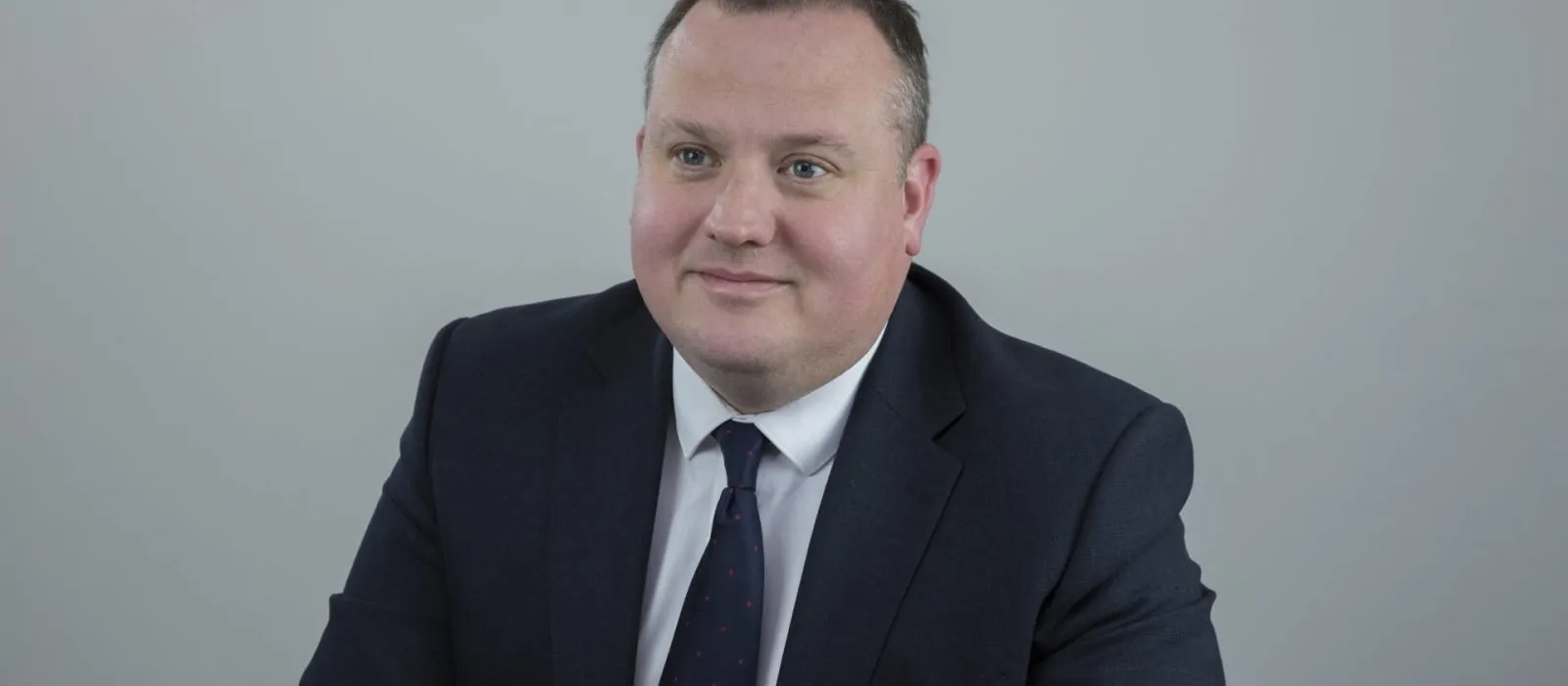David Lewis, the £220,000 a year chief executive, has parted company with This Land Ltd, the standalone housing company owned by Cambridgeshire County Council. His resignation from This Land Ltd – and its associated companies – was reported on Companies House website on November 23, less than a month after publication of the 2022/23 accounts.
This Land Annual Business Plan and progress monitoring
In October last year Mr Lewis attended the beginning of work on a new site that will eventually create 230 homes in south-east Cambridge. The Eddeva Park housing development is between Babraham Road and Worts’ Causeway.
He said: “We have worked closely with Cambridge City Council to ensure that this development supports its Local Plan and delivers significant wider benefits to the community.
“It also furthers our joint ambition to create a greener future with a housing development that minimises energy usage and creates new habitats that let nature thrive.”
He said that when completed, Eddeva Park will provide 230 new homes, of which 40 per cent will be affordable.

But publication of the annual accounts – and actions by the board – spurred a change at the top soon afterwards.
The accounts showed This Land Ltd had recorded an operating loss for the year of £5m – up from £3.6m in the previous year.
And a parting of the ways for Mr Lewis who had joined This Land in February 2019 as its strategic land director, two years replacing David Gelling as chief executive, firstly as interim CEO in 2021 and then confirmed permanently in the role in 2022.
Prior to joining This Land, Mr Lewis had been head of strategic land for the Eastern region at Commercial Estates Group.
Of late, This Land has been treading on treacle as it sought to accomplish the targets it set itself to repay the £113m in outstanding loans to the county council.
I understand parting of the ways with Mr Lewis was a mutual decision between him and the board.
With the current – and uncertain – climate facing the housing market, the directors of This Land Ltd felt change was needed at the top and recognition by Mr Lewis himself that someone with even stronger financial credentials was needed to guide the company through turbulent times.
The prospects for This Land remain optimistic, according to their most recent business plans, but the county council has intensified its scrutiny.
Michael Hudson, the county council executive director of finance and resources, looks to be spending considerable time on the affairs of This Land Ltd.
Last year he spoke publicly of “high-profile examples elsewhere of councils experiencing financial difficulties and requiring national intervention as a result of disproportionate commercial risk, in some cases involving subsidiary housing companies”.
And he is believed to have commissioned – from an external source – a fresh and independent review of the current business plan for This Land Ltd.
Ironically, Mr Lewis, in the annual accounts published weeks before his departure, offered what many regard as an unduly optimistic forecast for This Land.
“During the next 10 years, This Land plans to deliver 900 homes in Cambridgeshire – of these 387 will be affordable homes,” he wrote. It was, he said, proof of This Land’s commitment “to deliver our broader social objectives”.
It was left to Laura Lawrence, This Land’s finance director, to spell out “the key business risks”.
She says in the preface to the annual accounts that This Land’s risks include:
1: A decline or contraction of the economy leading to reduced selling prices and a fall in a demand.
2: Inflation, labour, supply chain costs
3: Bank interest rates making it more difficult repay mortgages and a reduction in the supply of mortgages
Ms Lawrence says on the upside This Land’s loans are all fixed interest rates loans and exposure to interest rate increases on its loans is nil.
“There is potentially a negative short-term impact in both demand and value of houses that needs to be closely monitored,” she says.
But This Land “does not have excessive stock and is therefore not exposed to short term valuation fluctuations. Should the economic impact be longer lasting then the risk o the business will increase significantly as asset values may diminish”.

























